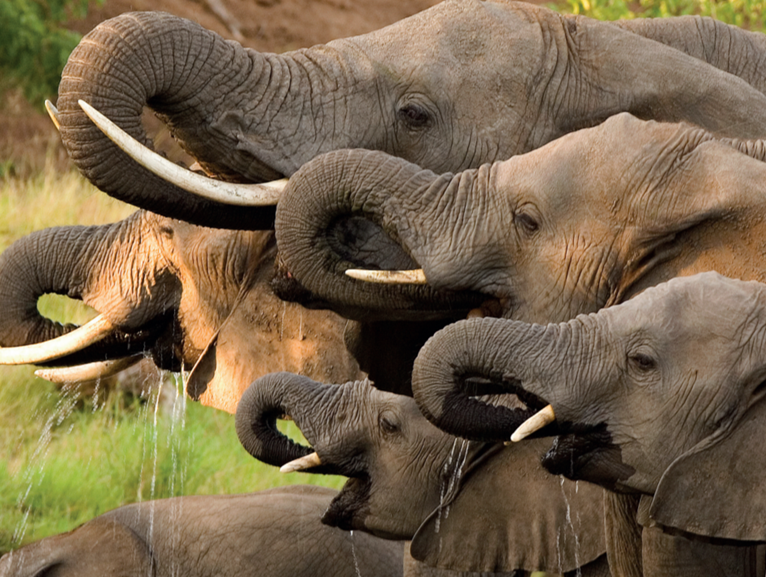Africa is endowed with a plethora of natural resources, including arable land, water, oil, natural gas, minerals, forests, and wildlife. The continent is home to a sizable portion of the world’s natural resources, both renewable and non-renewable.
Africa is home to 30% of the world’s mineral reserves, 8% of the world’s natural gas reserves, and 12% of the world’s oil reserves. The continent contains 40% of the world’s gold and up to 90% of its chromium and platinum reserves. Africa has the world’s largest reserves of cobalt, diamonds, platinum, and uranium. It contains 65% of the world’s arable land and 10% of the planet’s internal renewable freshwater source.
Natural capital accounts for between 30% and 50% of total wealth in most African countries. More than 70% of people in Sub-Saharan Africa rely on forests and woodlands for a living. The land is a socio-cultural resource as well as an economic development asset. However, a significant portion of these resources is used in an unsustainable manner, while others are lost due to illegal activities, implying that the stream of benefits generated by these resources is diminishing over time. For example, Africa loses an estimated USD 195 billion in natural capital each year due to illicit financial flows, illegal mining, illegal logging, illegal wildlife trade, unregulated fishing, and environmental degradation and loss.
Collectively, the continent stands to benefit greatly from pooling and harnessing its vast natural resources to finance the development agenda toward greater prosperity; however, it must also ensure that future growth and resource exploitation is results-oriented, climate-resilient, and sustainable.
The African Ministerial Conference on the Environment (AMCEN) acknowledges that natural capital underpins the region’s economy, affirming that using natural capital as a means of wealth creation and investment will enable actions toward the achievement of the United Nations 2030 Agenda for Sustainable Development and Sustainable Development Goals (SDGs), as well as the African Union Agenda 2063, through financial, economic, social, and environmental contributions.
What is the UN doing about the environment?
According to the GEO-6 Regional Assessment for Africa, the environment is deteriorating faster than previously thought, emphasizing the importance of governments acting quickly to reverse the worst trends. The report recognizes Africa’s natural capital and observes that the sustainable management of Africa’s natural capital is critical to the continent’s economic growth. However, unsustainable exploitation of Africa’s natural resources by its burgeoning population, as well as authorities’ failure to enact sound regulations to curb abuse and overexploitation of these resources, is brewing trouble. Nature is issuing red alerts, as evidenced by the numerous disasters we are witnessing, which, if left unchecked, will exacerbate food shortages, water scarcity, diseases, conflicts, migration, and poverty, all of which could lead to economic destabilization.
Africa’s path to long-term development
In order for Africa to benefit economically and socially from this natural wealth, it is critical to address issues such as management and the economic and environmental impacts of its long-term use.
The UNEP Africa Office assists African governments in translating natural resource decisions and statements into practical actions and innovative solutions at the regional, national, and local levels for the benefit of their people. This will result in the creation of wealth and jobs, as well as revenue, food security, social equity, and a healthy environment.
